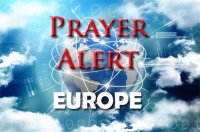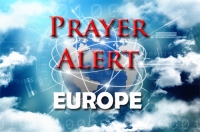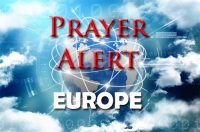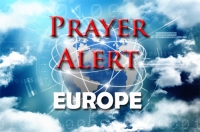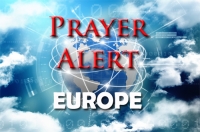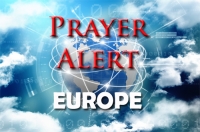United Kingdom of Great Britain and Northern Ireland: A living wage
A compulsory National Living Wage was announced by the Chancellor, George Osborne, this week, in the first purely Conservative budget for 19 years. ‘Britain deserves a pay rise, and Britain is getting a pay rise,’ he said on Wednesday, before unveiling a compulsory National Living Wage set to reach £9 an hour by 2020, for all workers aged 25 and over. The Work and Pensions Secretary, Iain Duncan Smith, could be seen punching the air and shouting ‘fantastic’ as the policy was announced. The Living Wage campaign began 15 years ago with churches in East London. The Director of the Centre for Theology and Community, who has campaigned since that time, said, ‘Any move towards a genuine Living Wage is welcome. But the rate of the Living Wage is set independently for a reason. It’s assessed on what it actually costs to live. We, as churches in alliance with Citizens UK, will keep campaigning for that level of Living Wage to be paid as widely as possible.’
Ukraine: Facing up to high cost of cheap gas
President Petro Poroshenko, in promising to clean up Ukraine's corrupt energy sector in his annual speech to parliament, said ‘opaque gas fumes will no longer light up Forbes Global Rich List with Ukrainian names.’ Ukraine’s energy sector has been plagued by an alliance of Russia, local oligarchs and a popular belief that home heating should be free. One of Ukraine's biggest lenders, the International Monetary Fund, estimates that energy subsidies cost the global economy more than $500 billion per year. This gigantic figure shows that energy flows are highly vulnerable to capture by corrupt business groups and their political allies, who claim democracy can be traded for protection from modern economic realities. Until the turn of the millennium, oil prices were low and Ukraine was a major oil and gas producer. Pipelines running through Ukraine now bring Siberian gas to Europe - but this infrastructure was built to bring Ukrainian gas to Russia. Ukraine is now unable and unwilling to auction off its sovereignty to Russia in exchange for cheap gas and continuation of corrupt schemes.
Switzerland: Fifa bans ex-official for life over massive bribes
On 9 July Zurich-based FIFA banned Chuck Blazer, a central figure in the corruption scandal that has engulfed world football, for life for taking millions of dollars in bribes. ‘Mr Blazer committed many and various acts of misconduct continuously and repeatedly during his time as an official in different high-ranking and influential positions at FIFA and Concacaf,’ said a statement announcing the ban from all football-related activities. ‘In his position as a football official, he was a key player in schemes involving the offer, acceptance, payment and receipt of undisclosed and illegal payments, bribes and kickbacks as well as other money-making schemes.’ The one-time powerbroker of North American football is a former ally of Fifa leader Sepp Blatter, who has agreed to step down because of controversy over US and Swiss investigations into the world body and World Cup tournaments.
Sweden: Swedish police call for tougher bridge checks
Police in Malmö are aiming to crack down on a recent wave of gun crime in the city. Violence in Sweden's third largest urban centre has escalated in the past two months, including shootings, explosions, hand grenades being thrown and cars and buildings set on fire. On Friday night a man in his twenties was shot in the street in the nearby town of Arlöv and on Thursday a 25-year-old man was in hospital after being shot in Malmö. Regional police put the rising violence down to an increased import of illegal weapons and are calling for tougher border controls on the Öresund bridge between Sweden and Denmark in a bid to tackle the problem.

